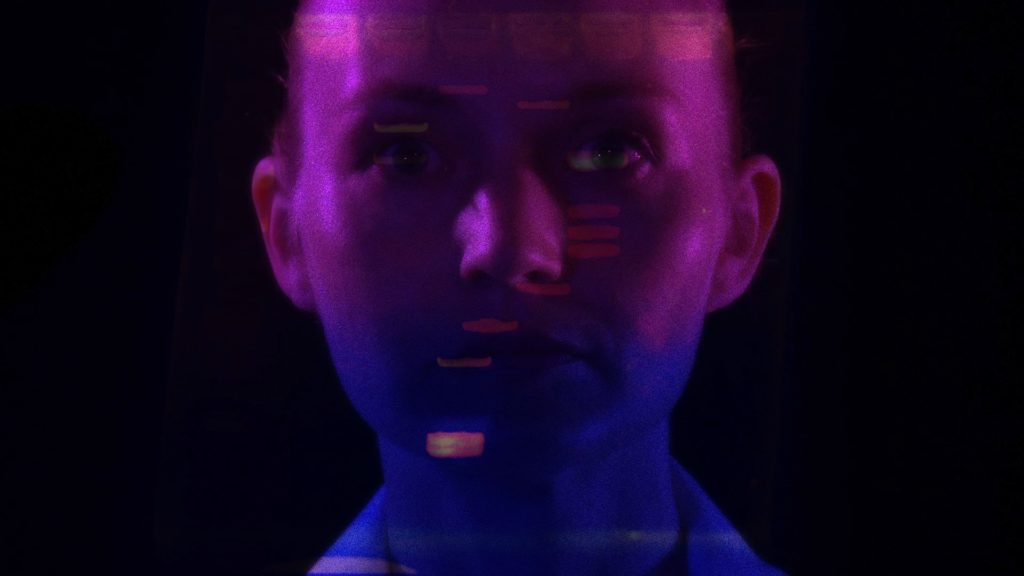Art World
How Heather Dewey-Hagborg Is Highlighting Gender Disparities in Art and Technology
She's telling the Ars Electronica festival to #KissMyArs.

She's telling the Ars Electronica festival to #KissMyArs.

Rain Embuscado

Artist Heather Dewey-Hagborg has a bone to pick with a major arts and technology festival in Austria, and she’s telling the group to #KissMyArs.
Every year since 1986, the Ars Electronica Festival in Linz has gathered members of the arts and technology sectors to convene and celebrate advancements in the overlapping fields. The annual festival, which wrapped up this year’s edition on September 12, typically celebrates the achievements of those who “spotlight the ideas of tomorrow.” But after doing some research, Dewey-Hagborg learned that the project had, nine out of ten times, designated top honors in their hybrid arts category to men.
“As women in art and tech we are consistently under-recognized, under-funded, and written out of history,” Dewey-Hagborg told the Guardian, which first reported the story. “We are made to feel that our work must simply not be as good as that of our male peers, and if only we made better work we would attain the same accolades and accomplishments as they did. Last year I finally realized that this was bullshit.”
So inspired by the ❤️ and support in our community today #KissMyArs
— Heather DeweyHagborg (@hdeweyh) September 12, 2016
Dewey-Hagborg has since launched a campaign to draw attention to the festival’s gender disparities, amassing considerable support on social media. Notably, two major incubators that foster experimentation in arts and technology—the NEW INC incubator at New York’s New Museum and Eyebeam, a Brooklyn-based non-profit—have also chimed in, lending the artist their support on Twitter. “1 woman artist recognized in 30 years? Come on @ArsElectronica. We can do better,” NEW INC posted before capping the tweet with the hashtag.
Artista @peregilote recibe el #GoldenNica en @ArsElectronica
Felicidades! http://t.co/SfX7ZmmNdL@PromociondeArte pic.twitter.com/SuBN8sQKvI— Arttextum (@arttextum) September 8, 2015
In her interview with the Guardian, Dewey Hagborg’s co-collaborator on the campaign, Addie Wagenknecht, noted that the festival’s Golden Nica Award, which depicts a headless female form cast in gold, is ironic: “I find the irony in the ‘award’ being of a headless woman, to speak volumes towards how we commodify women within the communities in which we claim to be honoring.”
That gender inequities persist in the realms of art and technology is neither new nor surprising. The art collective known as the Guerrilla Girls, who have been drawing attention to discrimination against women in the arts since 1985, has recently turned their focus on the cultural institutions across Europe.